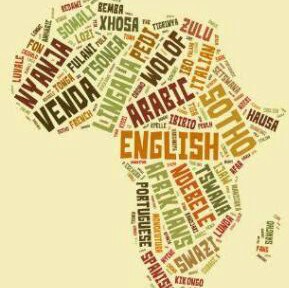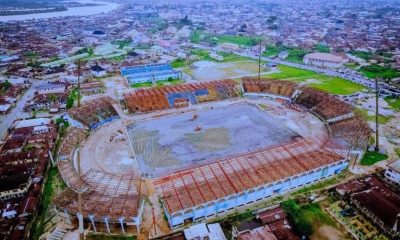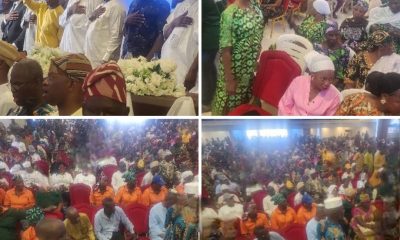News
Why African Countries Don’t Adopt Their Local Languages As Official Language

Because of diversity and trying to save time. Germans speak German. The French speak French. Italians speak Italian, Koreans speak Korean, Japanese speak Japanese and so on. Many countries were formed by people speaking a single language, but most of the African countries did not form this way. For instance, Kenya has 42 ethnic groups, each with a unique language. Nigeria has perhaps 100 languages, South Africa has around 35, Senegal 36, etc.
The borders drawn to form African countries did not really care for the native input, and so you have some tribes living in neighboring countries who share a common language because they were divided by the scramble for Africa, and not by their own volition.
In some rare attempts at inclusivity, some countries such as South Africa have multiple official languages, but it is really quite a task to include all of them. It’s a logistical nightmare to cater for each and every language by law, and it saves on time and resources by using a lingua franca or elevating a few local languages to official status.
Tanzania has about 126 languages, but the official one is Swahili. There isn’t really much emphasis on German or English, both of which had been used during colonial occupation in the past. Colonial official languages are mainly used for international trade to include a broader audience, but almost every African country has a native language used officially.
People without a common language have been made to co-exist as countrymen, regardless of their pre-colonial status as friends or enemies. This has fueled civil wars in some African countries, and promoted the growth of a uniting language in others. Many people in Africa speak at least three languages; their mother tongue, a local lingua franca, and their colonizers language.
This is not born out of choice, but out of a need to co-exist smoothly. Many continue to use the languages of their colonizers as their official language, because they can’t agree on which local dialect to elevate as this might lead to tribal tensions.
-

 Education3 days ago
Education3 days ago2026 UTME: JAMB Rules Out Extension As Registration Ends In 17 days
-

 News5 days ago
News5 days agoOborevwori Inspects Warri Stadium Reconstruction, Hails Peculiar Ultimate Concern Limited For Exceptional Delivery
-

 News2 days ago
News2 days agoOsun 2026: Former SSG Adeoti, Thousand Of Supporters Declare Support For Adeleke
-

 News2 days ago
News2 days agoNigerians Cannot Afford Another Glitch: Fadojoe Insists on Real-Time Electronic Transmission of Election Results


